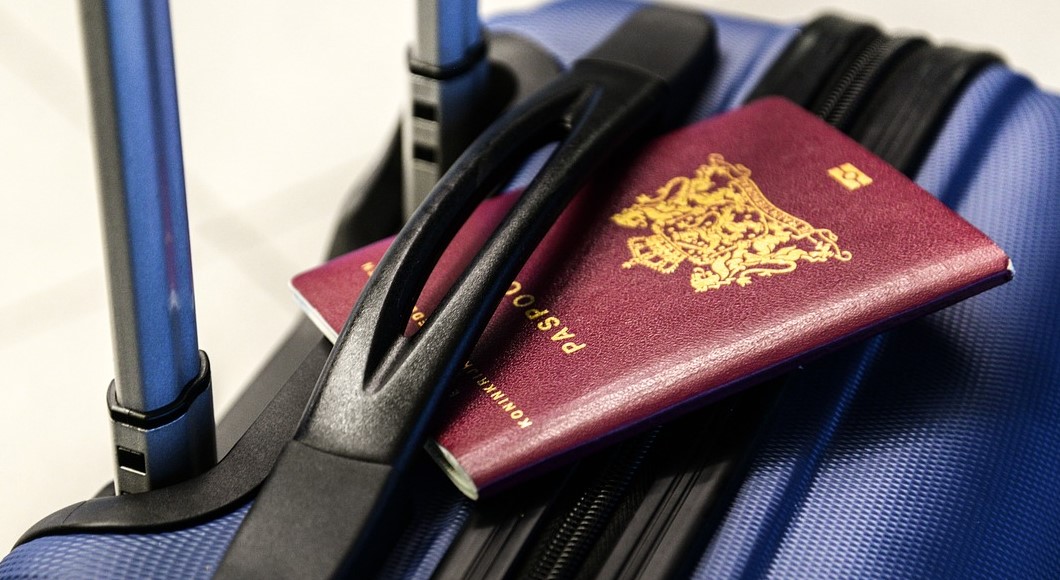-
Easier and faster procedure for obtaining work permit, temporary residence and permanent settlement starts on February the 1st
The increasing number of foreigners in the Republic of Serbia is one of the key factors that have prompted the state authorities to make changes to the Law on Foreigners and the Law on Employment of Foreigners.
We have already written about the immigration status, the process of regulating residence, and issuing work permits for foreigners in one of our previous blogs, which you can read at the following link: https://gsm.legal/en/blog/foreign-citizens-temporary-residence-and-work-permit/.
Notwithstanding, as there have been significant changes in certain aspects of the application process, approval of temporary residence, and issuance of work permits, we will now discuss the important changes introduced by the Law on Foreigners and the Law on Employment of Foreigners, which every foreign national, as well as their future employer, should be aware of.
The National Assembly of Serbia has adopted amendments to these two, key laws, which are expected to simplify the process of approving temporary residence and work permits for foreigners by introducing a unified procedure and a unified permit that will cover both temporary residence and work permit. In addition, we can expect other innovations that aim to simplify and streamline this administrative procedure.
1) Electronic submission of applications for issuing a unified permit, through one web portal:
As many are already aware, before the amendments to the Laws, the process of obtaining temporary residence for foreigners was a prerequisite for issuing them a work permit. This involved two separate procedures before two different authorities – the Ministry of Internal Affairs (MUP) and then the National Employment Service (NSZ). Therefore, the first phase of the process aimed to obtain approval for temporary residence from the MUP, followed by the need to submit an application for a work permit to the NSZ. Only after these two processes were completed, could a foreigner start working.
The key drawbacks of this procedure were the lengthy duration, duplicating the documentation, double payment of fees, and lack of efficient data exchange between the MUP and the NSZ.
To address these shortcomings, the amendments to the laws introduced a unified procedure that results in issuing a unified permit, which replaces obtaining approval for temporary residence and a work permit through separate procedures.
This unified procedure can only be initiated electronically, by submitting an application for issuing a unified permit through a web portal. All evidence will be provided in electronic format, and the application will include a request for a labor market test (which remains a mandatory requirement for issuing a work permit to a foreigner).
2) Deadline for issuing a unified permit – 15 days from receipt of complete application:
The amendments to the laws also introduced a short deadline for issuing a unified permit. If followed in practice, a 15-day deadline for deciding on a client’s application will greatly contribute to the efficiency of the process and the foreigner’s ability to start working for a domestic employer very quickly.
Considering that it used to take several months for permits to be issued from the submission of an application for temporary residence, a 15-day deadline gives hope that everything will function much more efficiently.
3) Biometric personalized document:
The unified permit will be issued in the form of a biometric document, with personalized data (photograph, fingerprint, and signature).
We believe that this solution is much better than having a sticker in the passport for temporary residence and issuing a paper-based work permit (as it has been done until now). The biometric document will certainly make it easier for foreign nationals to exercise certain rights in the Republic of Serbia (for example, they will be able to obtain a qualified electronic certificate more easily).
4) Extended duration of the unified permit:
One of the most positive innovations brought by the amendments to the laws is the possibility of issuing a unified permit for a period of up to three years! Until now, the duration of a work permit was limited to one year. Before the expiration of the work permit, the employer was obliged to submit an application for an extension, along with payment of fees and submission of all the required documentation again.
5) Possibility of changing the employer or the employment type without the obligation to issue a new unified permit:
During the validity of the unified permit, it will be possible to electronically submit a request to change the employer or the type of employment. In such cases, the organizational unit of the National Employment Service must decide on the request within 10 days from receipt and send the decision through the unified portal. After obtaining the consent of the NSZ, it will be possible to change the type of employment or employer.
By introducing this possibility, the status of foreign employees is also greatly improved.
Before these amendments to the laws, a work permit issued under previous circumstances had to be canceled, and both the new employer and the foreigner would have to start the procedure from scratch.Finally, we would like to point out that the provisions regarding the online procedure and issuing the unified permit will come into effect on February 1, 2024. Therefore, we can conclude that the current process of submitting two separate applications for temporary residence and a work permit will continue to be applied until then.
Nonetheless, some changes to the Law on Foreigners and the Law on Employment of Foreigners have already come into effect since the day of their adoption.
In the following text, we will briefly mention the innovations that are already being implemented:
- The deadline for renewing existing temporary residence permits has been extended.Foreigners currently staying in Serbia are allowed to submit a request for renewing their temporary residence permit until the expiration date of the previously valid permit (previously, there was a 30-day deadline before the expiration of the temporary residence permit).
- A “grace” period for seeking new employment has been introduced. Foreigners are allowed to stay in Serbia for up to 30 days after the termination of employment, despite the termination of their work contract on the basis of which they obtained a work permit and a temporary residence permit (or a unified permit after February 2024.The amount of documentation required for obtaining a temporary residence permit has been reduced.
- Proof of means of subsistence during the planned stay and proof of health insurance during the planned stay are not required in the process of obtaining a unified permit for:
- a) immediate family members of Serbian citizens,
- b) foreigners employed in the Republic of Serbia,
- c) immediate family members of foreigners employed in the Republic of Serbia.
- The duration of stay required for permanent residency for foreigners has been shortened. In order to apply for permanent residency, foreigners need to reside continuously in the Republic of Serbia for three years based on the approved temporary residence permit (instead of 5 years under the previous provisions).
- The prescribed penalties for violating the Law on Foreigners and the Law on Employment of Foreigners have been increased (the range of penalties under the Law on Foreigners has been increased by up to 10 times).
Disclaimer: This text is written for informational purposes only as well as to give general information and understanding of the law, not to provide specific legal advice. For any additional information feel free to contact us.

Knićaninova 3
11000 Belgrade
Serbia
+381 11 3222 921
+381 11 3222 922
+381 11 3222 972
• Blog
• Careers
• Privacy Policy


